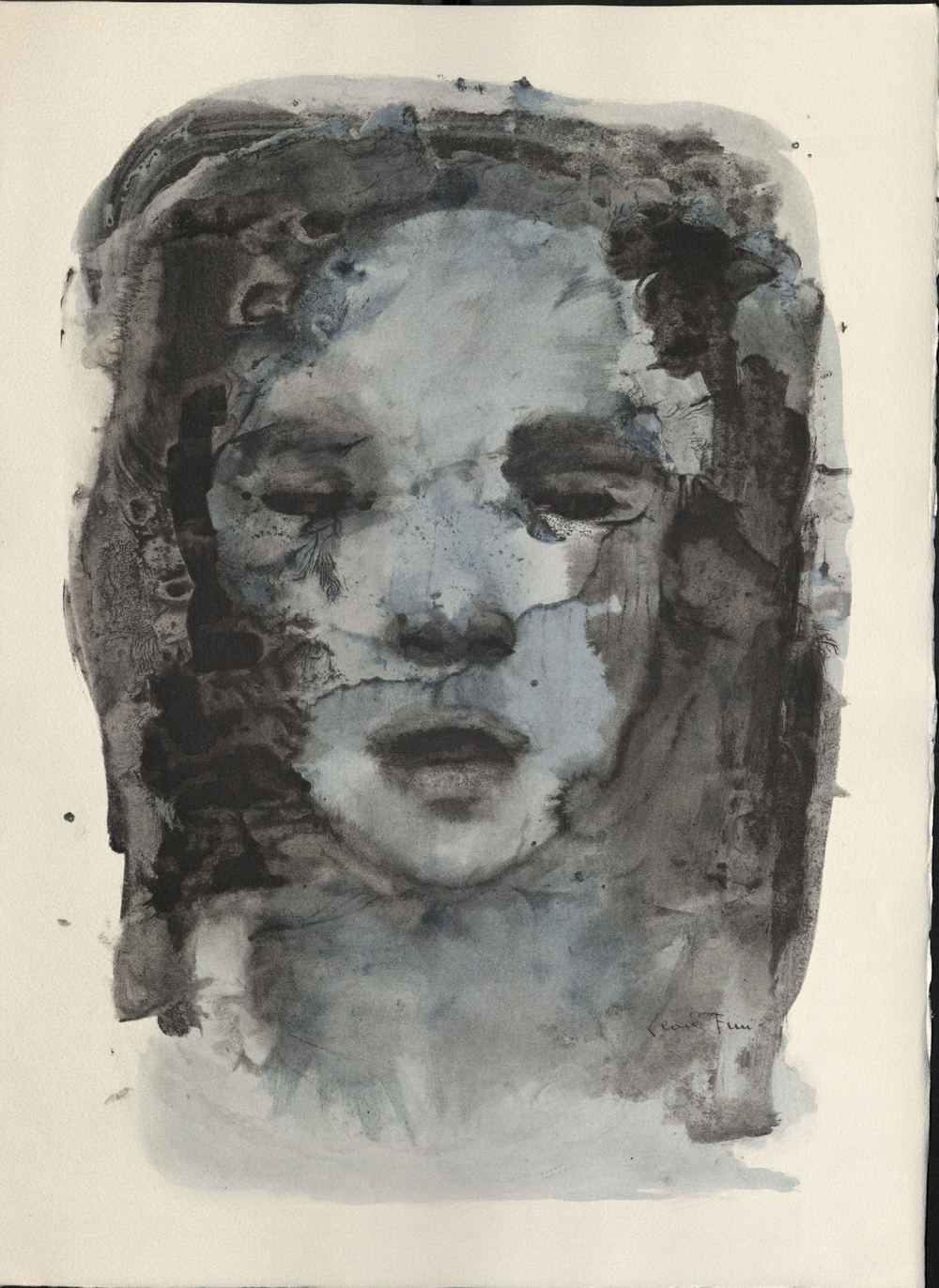

In short, this notebook would seem even more heretical today than it did some hundred and thirty years ago: today it would be considered a dangerous book. Finally, let it be said that to surrender oneself to the will of others (as often happens with lovers and mystics) and so find oneself at last rid of selfish pleasures, interests, and personal complexes, is in no wise a joyless act, nor one lacking in grandeur. Add to this the fact that, since the slave, according to at least one dialectic, is in turn destined to become the master, then we would doubtless be wrong to precipitate the natural order of events. And, what is more, we know how an all-consuming passion for freedom in the world never fails to lead to conflicts and wars which are no less consuming. If I manage to get along without working, my neighbor has to work for two. But if, for example, I obtain permission to play the banjo merrily till two in the morning, my neighbor loses the right not to hear me play till two in the morning. There is not a man alive who thanks his lucky stars for the privilege of being able to breathe freely. The remark, for instance, that the only freedoms we really appreciate are those which cast others into an equivalent state of servitude. It is quite likely that it contained, aside from the justified complaints concerning the organization of the work-houses, the substitution of cell for lash, and the rule making it illegal for the “apprentices”-for such were the newly-freed workers called-to fall ill, it is likely that it contained at least the rough draft of an apologia for slavery.


There are times when I think of that notebook. As for the notebook of grievances it has never been recovered. Swift action on the part of Governor MacGregor succeeded in suppressing the matter, and the emancipation pursued its course. At which point he was at first mildly jostled, then set upon and massacred, together with his family, by the Negroes, who that same evening repaired to their cabins, their palavers, their labors, and customary rituals. But Glenelg, either from timidity or because he was scrupulous, or simply afraid of the law, refused to be swayed. An Anabaptist minister, acting as spokesman for the group, read out a list of grievances which he had compiled and recorded in a notebook. About two hundred Negroes of both sexes, all of whom had recently been emancipated by the Proclamations of March, came one morning to beg their former master, a certain Glenelg, to take them back into bondage. In the course of the year 1838, the peaceful island of Barbados was rocked by a strange and bloody revolt. By Jean Paulhan of l’Académie Française A Revolt in Barbados


 0 kommentar(er)
0 kommentar(er)
